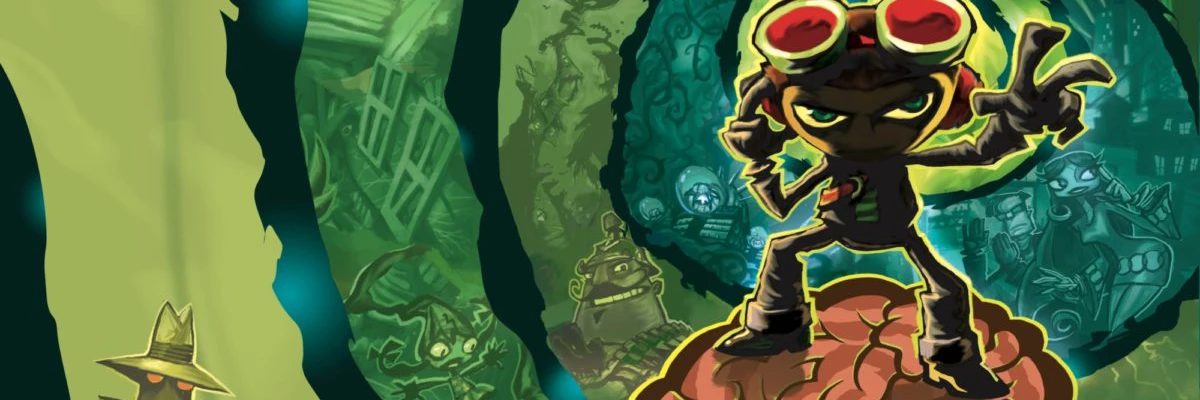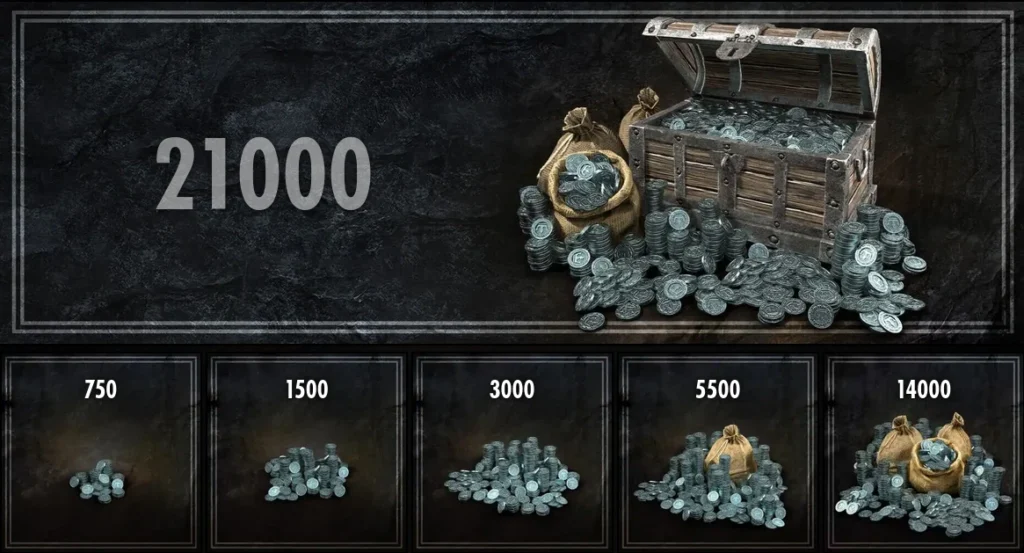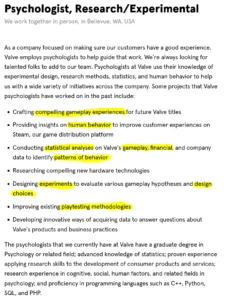
The Narcissism of Small Differences: The Distractions in Games
Twelve years ago I watched Adam Sessler talk about the necessity of throwing away all of his physical game cases. He had a phrase that stuck with me ever since, the “fetishization of minutia.” Sessler spoke of how games emphasizing special editions and unique DLC take away from the cultural conversations around games. Ultimately, he expressed that he felt everyone was being manipulated and missing the experience of just playing our games and not focusing on hypersensitivities.
I’m no saint speaking from a podium of purity. A couple of years ago, I was begrudgingly all in on the predatory Crown Store in The Elder Scrolls Online. I was played and felt awful for having participated in a part of what is an otherwise lovely game. I am not unsympathetic to appreciating the desire or hyper focus on wanting something. I have a shelf of unopened board games that knows this too well.
There is a conversation that is being missed out on each year when I see my Steam recap is less games than the year before and I find myself questioning if I am having fun or if I am just getting my fix. When I was young, I cut my teeth on Battletoads and Pizza Hut demo discs, ravenously taking in all manner of unique experience and challenge. I want my future self to have more varied experiences with games in the same way I would books or movies.
Dr Anne Lembke, a Professor of Psychiatry at Stanford University School of Medicine and chief of the Stanford Addiction Medicine Dual Diagnosis Clinic, gave an example of what dopamine seeking can look like. Rodents, when given a lever to disburse cocaine, will push it non-stop until possibly death. However, they cease when pulling the lever no longer delivers the drug. Telling though, when given a shock, the first instinct of the rodents is to run over and pull the lever.
This primal urge to fulfill our dopamine needs, to find meaning in things, is being capitalized on by giant companies with ruthless efficiency. I enjoy the services Steam offers, but the recent Coffeezilla investigation into illegal gambling perpetuated by Valve is a reminder that large companies are not our friends.
Part of my background is in English and I cannot imagine if I stopped at Emily Dickinson or the Epic of Gilgamesh. Part of why I enjoyed that slice of my life was the challenge of newness and discovering my own voice amongst peers. It was one of the most enriching times of my life. What if instead we focused on which editions had the prettiest covers?
The anxieties that these games try to induce for missing out can be thought of as nothing other than predatory. When Valve is targeting children to gamble or Elder Scrolls is using gambling-style loot boxes, it is all to serve the bottom line at whatever cost.
In psychoanalysis, Sigmund Freud coined the narcissism of small differences. This is the idea that the more common ground we all share, the more likely we are to invent feuds because of the minor differences we perceive in each other. I believe that we lose something by chasing special editions, skins, and time-gated content. Instead of talking about and filling our head with what is important, the games foundations, we embrace a consumer culture that is based on narcissism, and believe that we found meaning in the uniqueness of superficial adornments that we have paid for with either money or our much more valuable time.

What is Next
I want 2025 to be a more enriching year for games, video and tabletop. There are old titles I never got to finish, like Psychonauts, and newish ones I have had my eye on, like Assasin’s Creed Origins. On the tabletop side, I would like to see Eldritch Horror on the table with all unplayed expansions and less unopened boxes. The goal is not to play more, but to have more meaningful and varied experiences so that I can be richer for it. I’ll be making another post soon with an outline of my soft goals for 2025.






